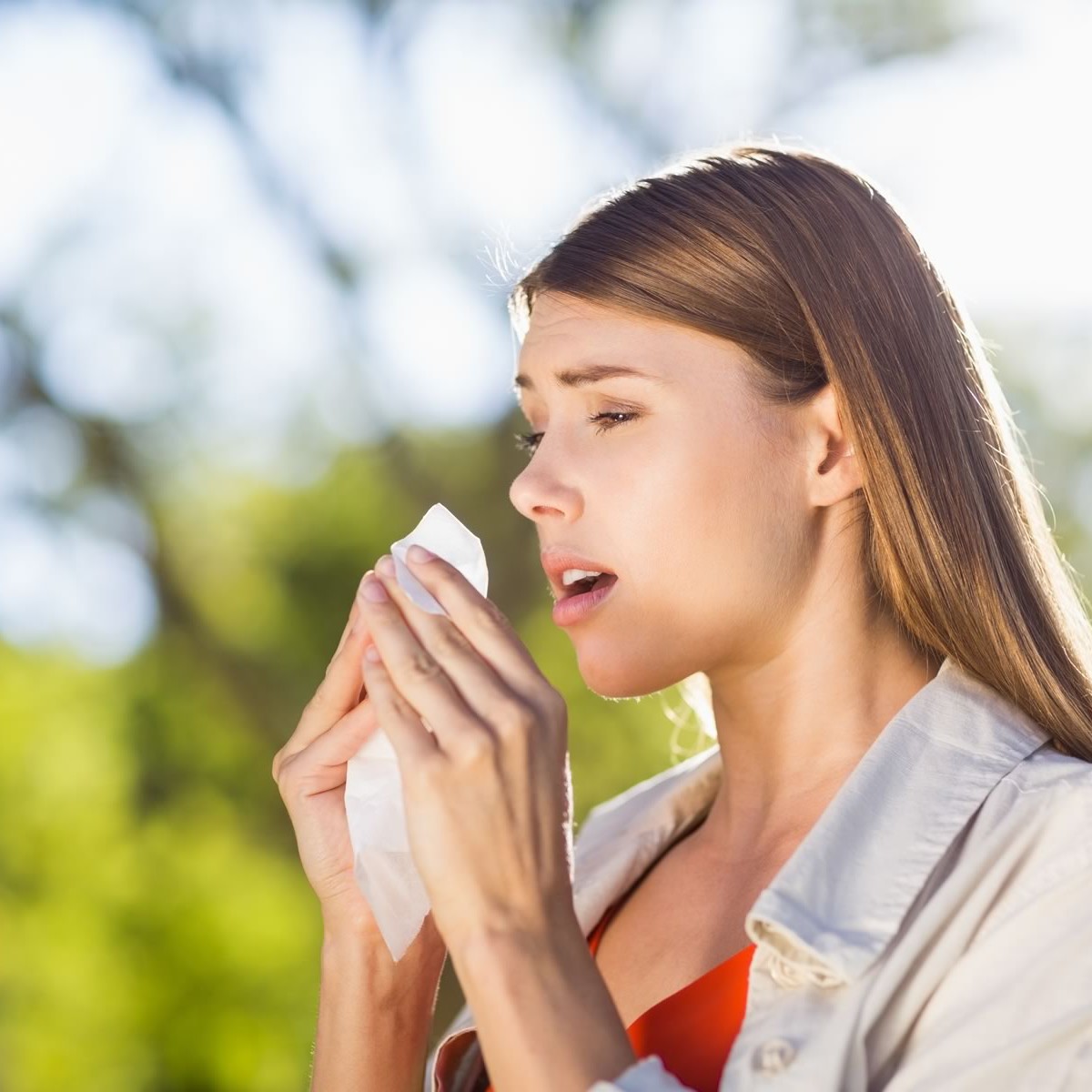Spring has arrived and warm weather is on its way. While many of us are eager for the change, nearly 50 million Americans now face the start of spring allergy season. Those who suffer from allergies are familiar with the nasal congestion, sneezing and itchy and watery eyes that accompany change in seasons. While it’s impossible to avoid all allergens, Northwestern Medicine(R) experts urge preparation and recognizing allergy triggers to minimize symptoms this spring.
“When warmer weather arrives, it brings a cycle of plant pollen and molds that quickly permeate the air and spread for miles,” said Anju Peters, MD, an allergist at Northwestern Memorial Hospital and associate professor in medicine-allergy-immunology at Northwestern University Feinberg School of Medicine. “This pollen can vary depending on region, but the most common are trees, grass and ragweed.”
When an allergy sufferer gets pollen into their nose their immune system kicks into overdrive. This can cause their body to release histamine and other substances that cause spring allergy symptoms, including: itchy or watery eyes, congestion, postnasal drip, sneezing and a runny nose.
“Seasonal allergies are affecting more Americans every year with some studies suggesting that climate change could be to blame,” said Peters. “The pollen season is becoming longer and potentially more severe, making it increasingly important to properly treat allergies so they do not interfere with your quality of life.”
While there is no way to evade all allergies, Peters suggests the following steps for identifying triggers and avoiding severe symptoms:
— Protect Your Home — Make sure windows and doors are shut completely when
pollen counts peak. Dust and vacuum frequently.
— Be Mindful of Your Clothing — Remove clothing that has been worn outside
when you get home. Try to wash all your clothes and bedding frequently.
— Visit Your Doctor — Talking -with your doctor can help determine what
type of pollen triggers your allergies. During the visit, the doctor may
perform an allergy skin test or check your blood for potential allergens.
— Make a Calendar — Once you are able to specifically identify the culprit
create a calendar of your most severe allergy weeks.
While there is no cure for allergies, simple lifestyle modifications and medications can offer sufferers significant relief. Many allergy sufferers turn to over-the-counter products like antihistamines, decongestants and nasal sprays to feel better, but Peters warns about overuse.
“If you overuse a decongestant nasal spray it can actually lose effectiveness and lead to rebound congestion,” said Peters. “Oral decongestants can also bring other health concerns, so make sure to speak with your physician about the appropriate use of over-the-counter decongestant products.”
Cleaning the nasal passages with saline is one of the best ways to help relieve sinus pressure associated with allergies. Peters recommends using a neti pot or a sinus rinse bottle to help flush sinuses, but reminds users to use distilled or boiled water and to clean and sterilize the bottle regularly.
For those with severe allergies, over-the-counter medications or at home treatments may not be enough. For these patients, Peters recommends discussing prescription nasal sprays or allergy shots with a physician.
“Allergies will always be a fact of life, but if you take control of your allergies they can be manageable,” said Peters, “Work with your physician to find a treatment plan that works best for you and allows you to enjoy the warm weather without allergy symptoms.”
Northwestern Medicine is the shared vision that joins Northwestern Memorial HealthCare and Northwestern University Feinberg School of Medicine in a collaborative effort to transform medicine through quality healthcare, academic excellence and scientific discovery.
For more information or to make an appointment, visit www.nmh.org or call 312-926-0779.
###
April 23, 2013
wsj.com
You may also be interested in . . .
Prepare for Spring Allergy Season
Spring is fast approaching, and if you are a seasonal allergy sufferer, you likely associate this time of year with chronic sneezing, sniffling, and…
Tree Pollen Allergy
March is finally here, and that means so is Spring. Longer days, morning walks in the garden, rain showers and rainbows are excitedly on the horizon.…
Blurry vision and allergic shiners? How to treat eye allergies
Up to 40 percent of the U.S. population suffers from itchy and watery eyes. Seasonal allergy symptoms experienced in the eye area can result in practical…


